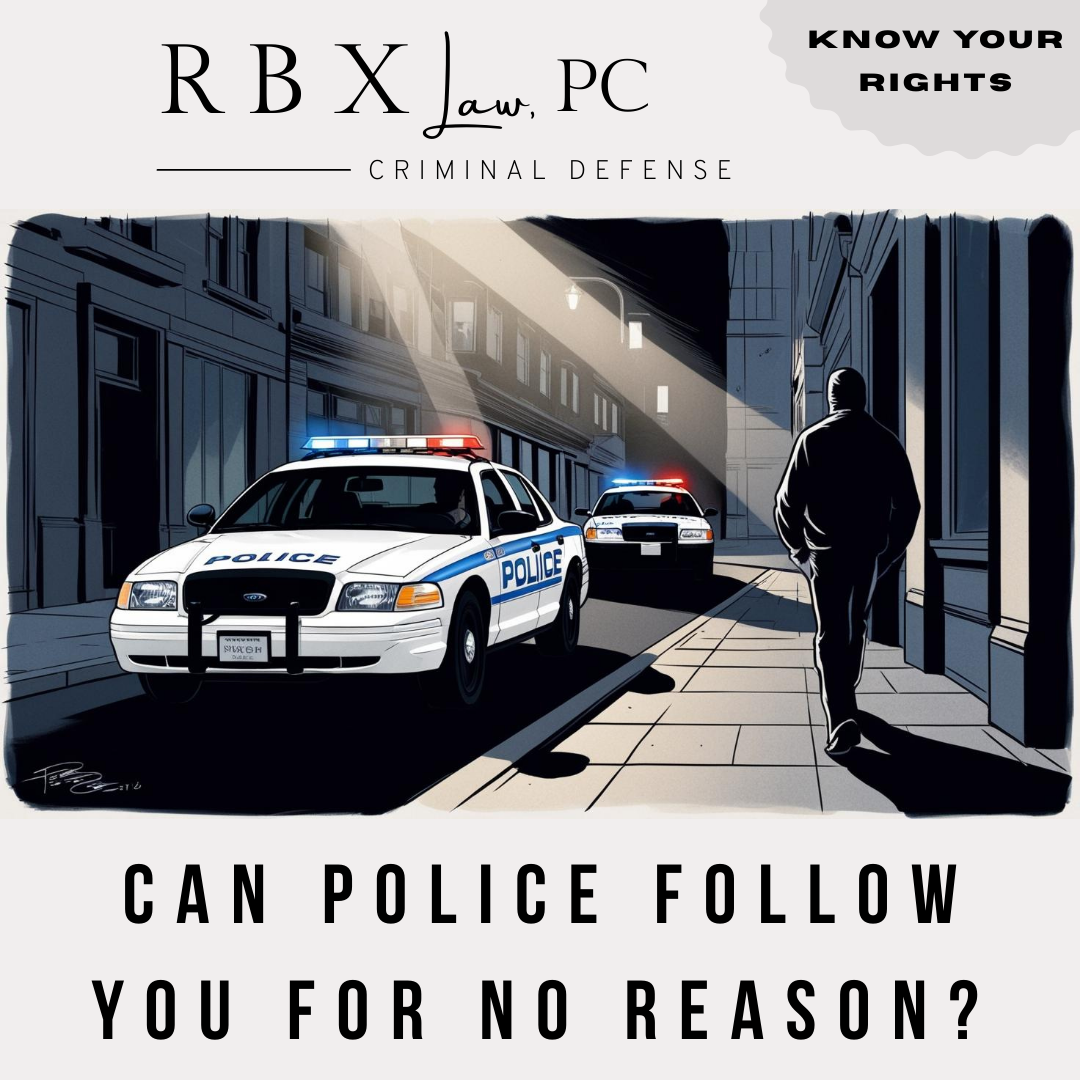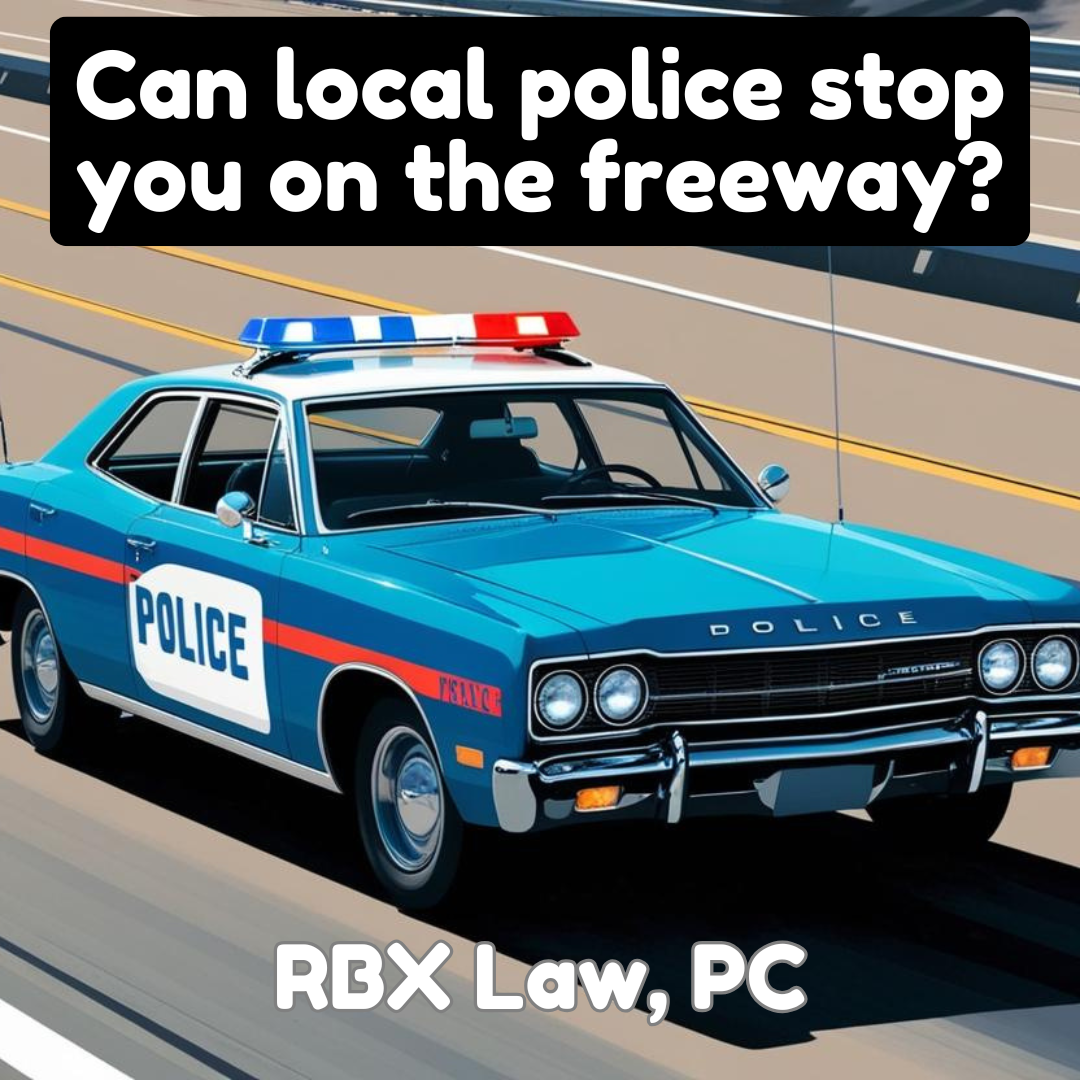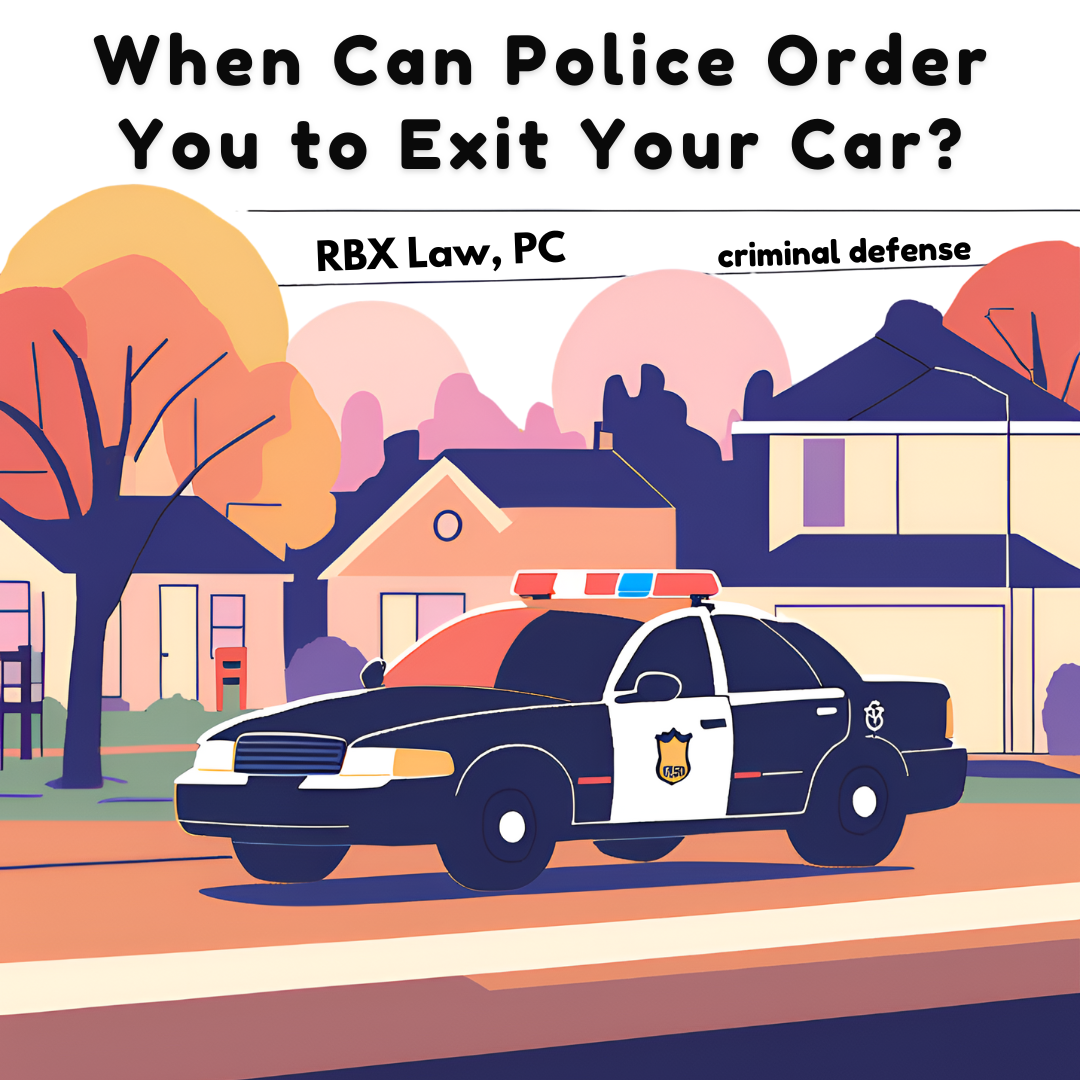Yes, police can follow a suspect for a reasonable period of time even if they have no reason to believe the suspect committed a crime.
Police do not need reasonable suspicion to follow a suspect in California if the encounter remains consensual. Under California law, consensual encounters between law enforcement and individuals do not trigger Fourth Amendment scrutiny. A consensual encounter occurs when a reasonable person would feel free to disregard the police and go about their business. For example, officers may approach someone in a public place and converse with them without any suspicion of criminal activity. However, the encounter becomes a detention if the individual is not free to leave or terminate the interaction.1
If the police action escalates to a detention, reasonable suspicion is required. A detention occurs when an officer restrains an individual’s liberty through physical force or a show of authority, and a reasonable person would not feel free to leave. Reasonable suspicion must be based on specific, articulable facts that suggest the person is involved in criminal activity.2
How Long can Police Follow a Suspect?
Continued police surveillance violates the 4th Amendment if it is unreasonable. Surveillance is unreasonable if it infringes upon an individual’s reasonable expectation of privacy or is conducted in a manner that is excessive or unjustified under the circumstances.3 There is no bright line on when continued surveillance becomes unreasonable. However, to violate the 4th amendment, the surveillance must be more than following a suspect for a short time. Ultimately the reasonableness of the surveillance depends on the specific facts of the case.
Additionally, California statutes clarify that law enforcement personnel may follow or surveil individuals. Officers can follow suspects as a part of their duty to investigate suspected illegal activity or misconduct. Their surveillance must be supported by articulable suspicion.4 This aligns with the principle that reasonable suspicion is necessary for more intrusive actions, such as detentions or searches, but not for mere observation or following in public spaces.
- People v. Kidd, 36 Cal. App. 5th 12, People v. Linn, 241 Cal. App. 4th 46. ↩︎
- Arburn v. Department of Motor Vehicles, 151 Cal. App. 4th 1480, People v. Bennett, 17 Cal. 4th 373. ↩︎
- United States v. Martin, 753 F. Supp. 454, 463. ↩︎
- Cal. Civ. Code section 1708.8. ↩︎



